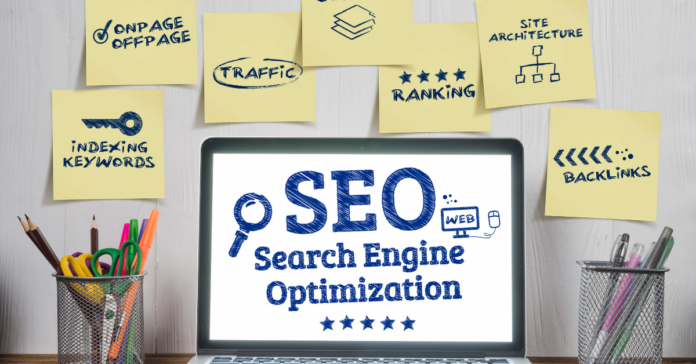Machine learning is diligently redefining how SEO is practiced and managed due to new techniques and strategies in giving solutions to processes, data analysis, and performances. Understanding the best AI SEO tools and techniques will help marketers improve their efficiency and effectiveness in the fiercely competitive online market.
Leading AI SEO Tools and Their Features
- Semrush AI Writing Assistant
- Key Capabilities: Evaluate content for readability, tone, and SEO alignment. Offers automated meta descriptions, keyword suggestions, and performance analyses.
- Best Use: Designed for marketers managing multi-faceted campaigns, Semrush enables detailed optimization for comprehensive SEO strategies.
- Example: A retail brand improved product page performance by 25% using Semrush’s keyword insights and automated suggestions.
- Surfer SEO
- Key Capabilities: Provides actionable recommendations for keyword density, structure, and heading optimization. Integrates with writing platforms for seamless content creation.
- Best Use: Particularly useful for teams producing high volumes of content, it ensures alignment with current SERP trends.
- Example: An e-learning platform reduced keyword research time by 50% and increased blog traffic using Surfer SEO.
- Clearscope
- Key Capabilities: AI-powered competitor analysis and content grading to refine article relevance and depth.
- Best Use: Excellent for creating in-depth content tailored to niche audiences.
- Example: A technology blog used Clearscope to refine its articles, achieving a 35% boost in organic traffic over six months.
- RankIQ
- Key Capabilities: Focuses on less competitive, high-impact keywords, providing curated briefs for content creation.
- Best Use: Ideal for bloggers and small businesses aiming to capitalize on underserved search terms.
- Example: A travel blogger expanded visibility by ranking for 20+ long-tail keywords using RankIQ’s guidance.
Benefits and Challenges of AI in SEO
Advantages:
- Data-Driven Decision-Making: Such tools as Google Analytics and Clearscope ensure marketers get the practical data needed to improve their approaches.
- Efficiency: Automation reduces the time spent on repetitive tasks like keyword research and meta-description generation.
- Personalization: AI enhances user engagement by enabling dynamic and targeted content delivery.
Potential Limitations:
- Over-Reliance on Automation: Solely depending on AI can lead to content that lacks creativity and a human touch.
- Ethical Concerns: AI tools may generate content that inadvertently violates copyright laws or lacks proper attribution.
- Learning Curve: Some tools, such as Surfer SEO, may require significant time to master their full potential.
How to Effectively Implement AI in SEO
- Set Clear Objectives: Define goals, such as improving rankings, enhancing click-through rates, or increasing traffic. This helps in selecting tools tailored to specific needs.
- Strategic Integration: Pair tools for maximum impact. For example, use Surfer SEO to structure articles and Clearscope for competitor-driven insights.
- Regular Monitoring: Daily monitoring of key indicators and making certain corrections based on the changes in the search algorithms and the market environment.
Looking Ahead: The Role of AI in Future SEO Practices
AI is now and will continue to play the role of SEO’s integration into deeper levels of service provision, such as forecast statistics on user behaviors and enhanced voice search engines. However, human expertise will remain essential for crafting meaningful content, maintaining brand identity, and ensuring ethical practices.
Keep visiting https://techsvistaa.com.


